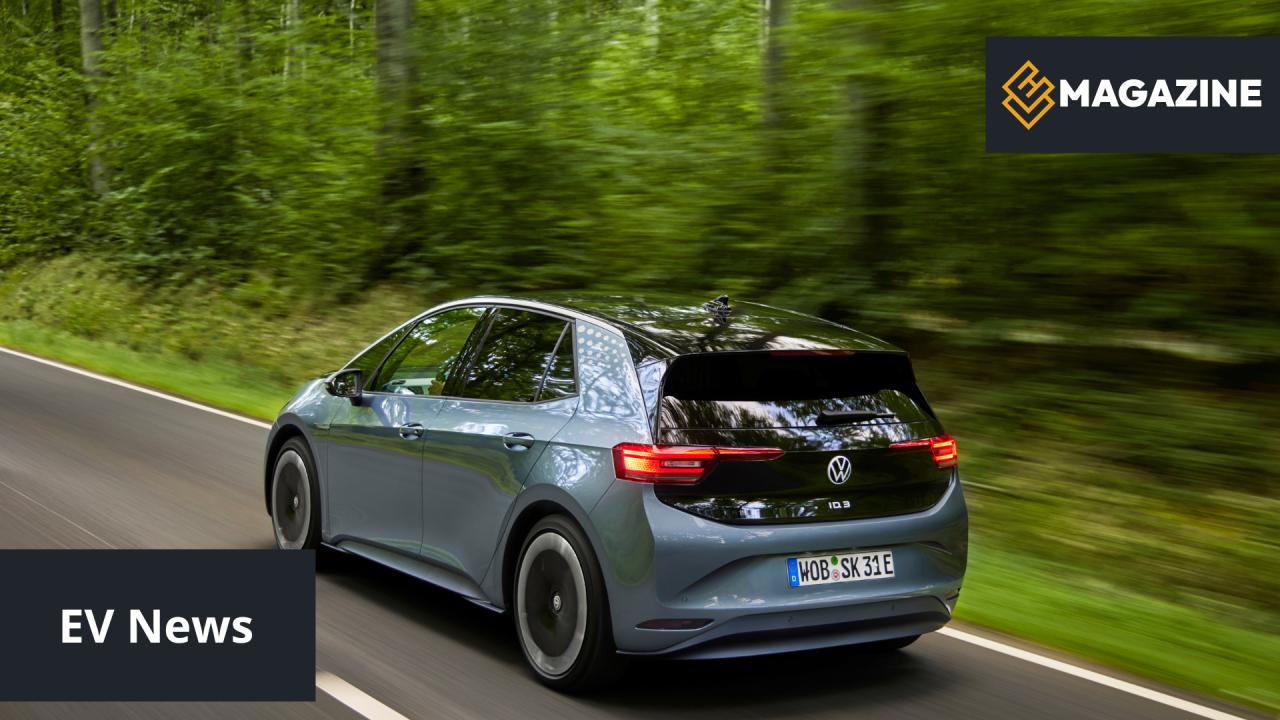Recent statistics from the German automotive market show a significant decline in electric vehicle (EV) sales. At first glance, this might seem to indicate a declining interest in electric vehicles. However, a deeper analysis reveals a more complex situation affecting the entire automotive sector.
August 2024 Statistics: Overall Decline Across the Market
Data for August 2024 shows that the issue is not limited to electric vehicles:
- A total of 197,322 new vehicles were registered, representing a year-on-year decrease of 27.8%.
- Electric vehicles experienced a decline of nearly 69%, with 27,024 new registrations.
- Petrol cars decreased by 7.4% to 70,007 registrations.
- Diesel vehicles plummeted by 24.4% to 29,974 new registrations.
- Hybrid vehicles (excluding plug-ins) reached 55,769 registrations.
- Plug-in hybrids recorded a 6.8% decrease with 13,565 new registrations.
End of Subsidies as a Key Factor
One of the main reasons for the significant drop in EV sales is the termination of the Umweltbonus subsidy program:
"A key date this year was August 31, 2023, when the opportunity to claim subsidies for electric vehicles for corporate and fleet customers ended. This led to a sharp increase in registrations in the months leading up to this date, as companies wanted to take advantage of state support before it ended. After August 2023, subsidies only applied to private customers."
This factor significantly influenced the measurement baseline. Many companies accelerated EV purchases before the end of subsidies, leading to abnormally high sales in August 2023. In August 2023, around 57,000 EVs were registered in Germany, but the following month in September, it was only 31,714 EVs. And this was still with subsidies for regular customers in place. The current decline is thus partly due to a return to normal values after the end of the subsidy action.
Economic Situation in Germany
Another important factor affecting car sales in general is the overall economic situation in Germany. The decline in sales across all types of powertrains suggests that the problem is not specific to electric vehicles but reflects broader economic trends:
- Uncertainty about future economic development may lead to the postponement of large purchases, such as automobiles.
- Inflation and rising living costs may reduce consumer purchasing power.
- Concerns about recession may lead companies to limit investments in vehicle fleets.
Although electric vehicles recorded the largest percentage decline, it cannot be overlooked that sales of petrol and diesel vehicles are also declining. Petrol cars saw a decrease of 7.4%, while diesel vehicles fell by 24.4%. This trend suggests that the German economy plays a key role in consumer decision-making about purchasing new vehicles. Economists point out that Germany is going through a period of economic stagnation, with GDP growth expected to be only around 0.1% in 2024. Weak consumer confidence and concerns about future developments are causing people to postpone large purchases, including cars.
Conclusion: A Complex Situation Requires Complex Analysis
The decline in electric vehicle sales in Germany cannot simply be attributed to consumer disinterest in this technology. It is the result of a complex interplay of factors, including changes in subsidy policy, the economic situation, and possibly even a certain market saturation after a period of intensive purchases.
For a more accurate assessment of long-term trends, it will be necessary to monitor developments in the coming months and years. In any case, it seems that the German government intends to help and will relaunch subsidy programs.

